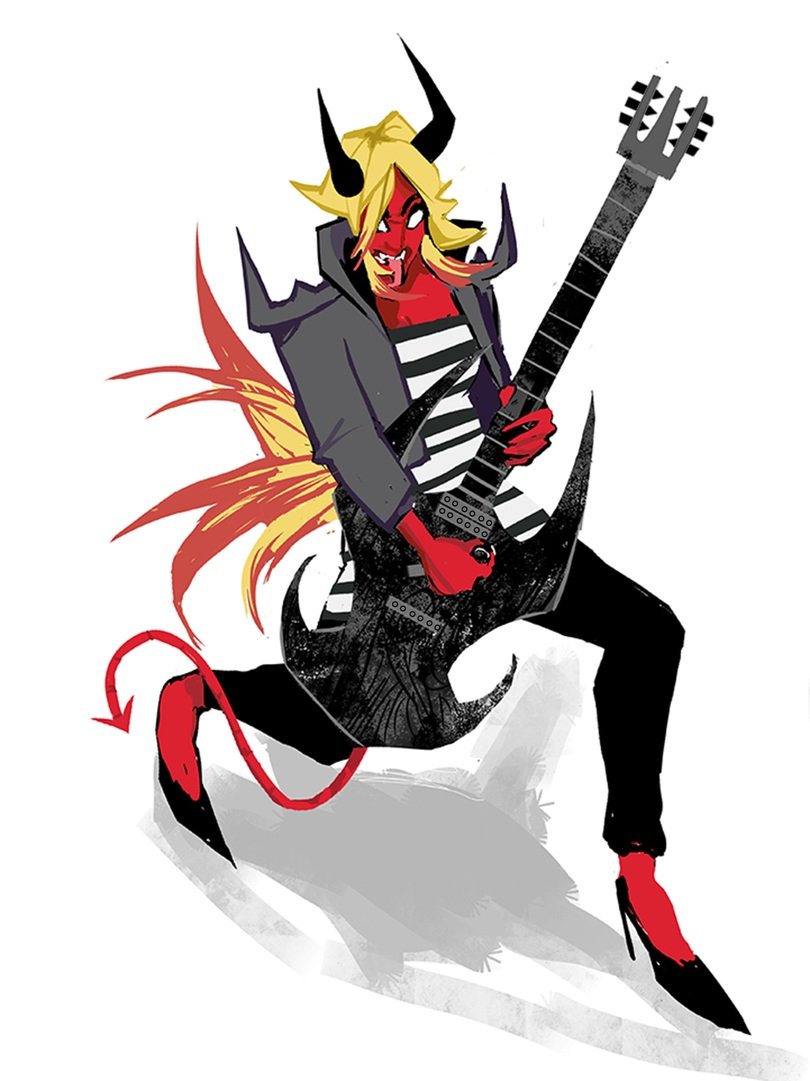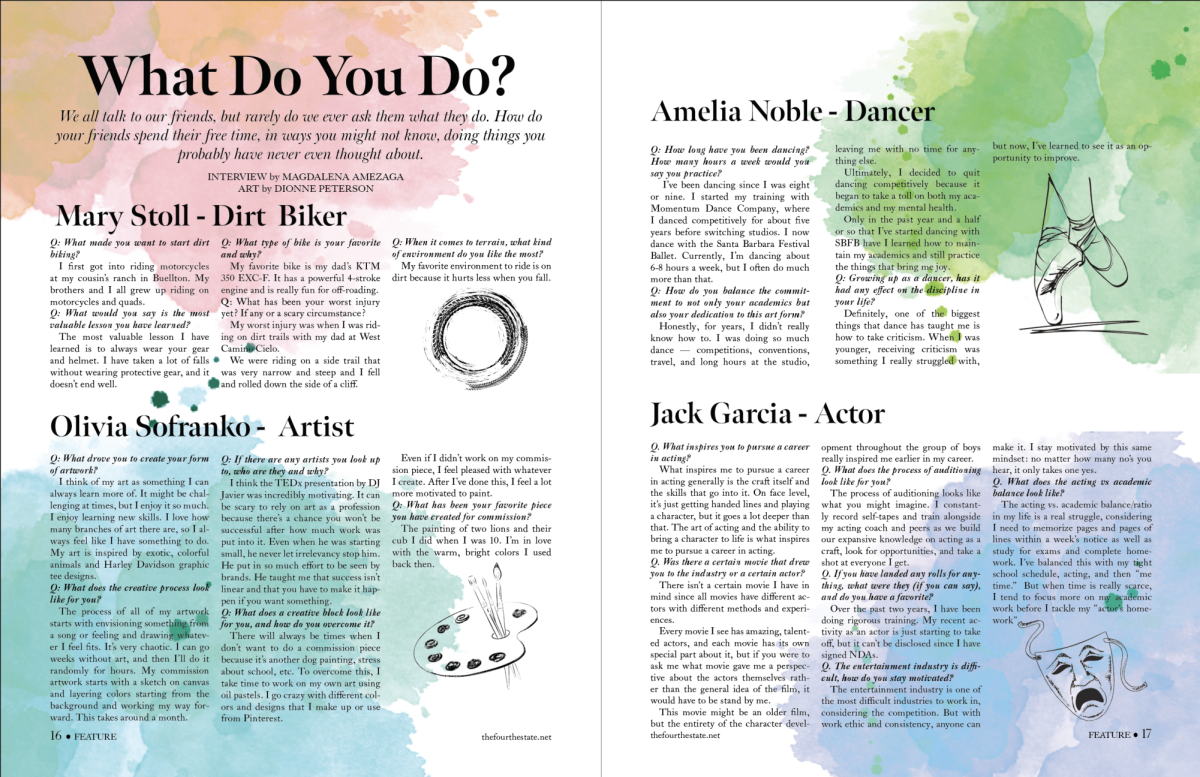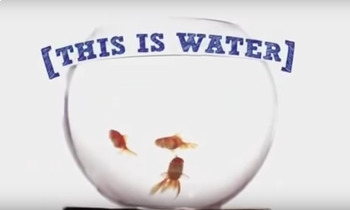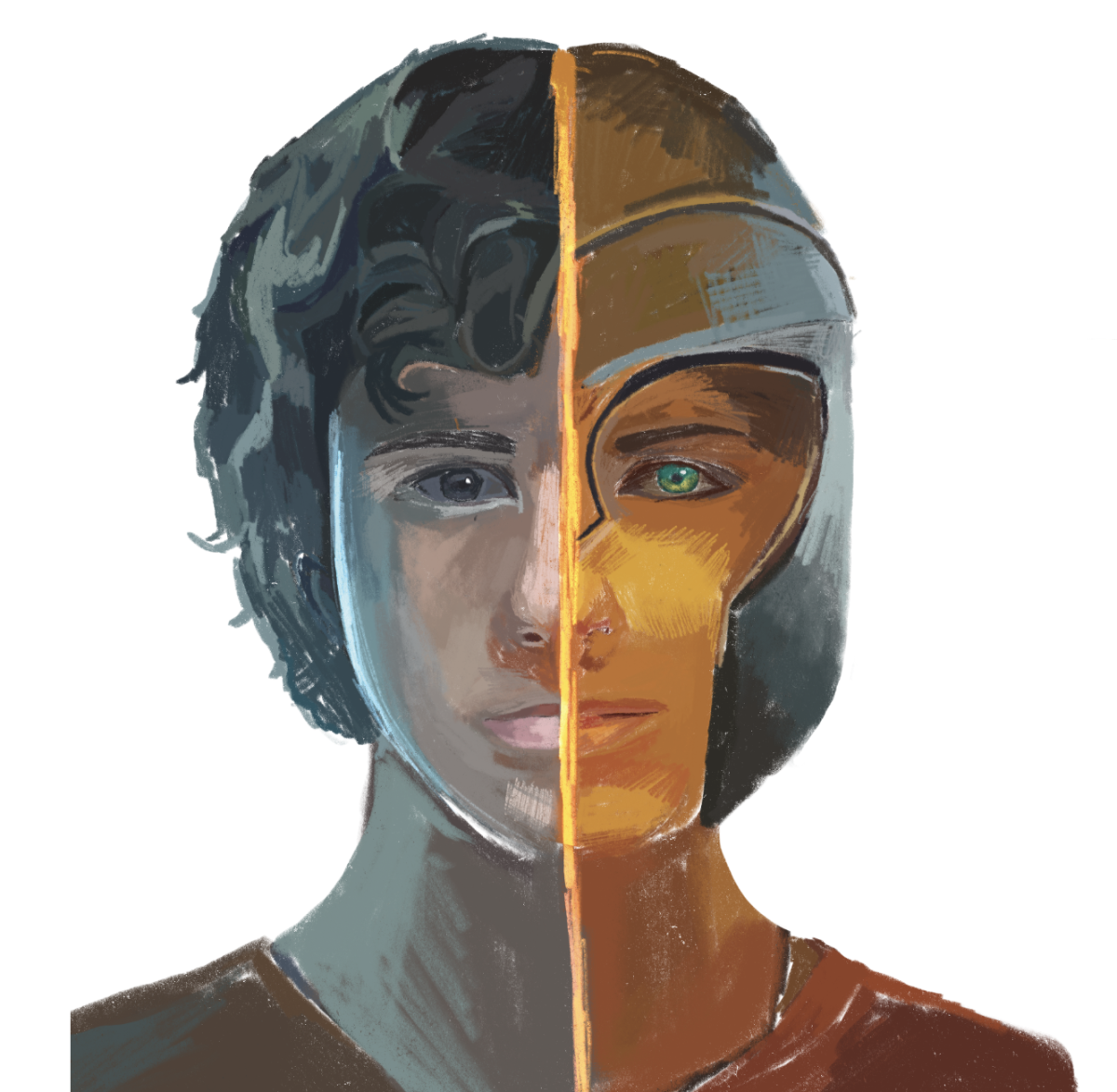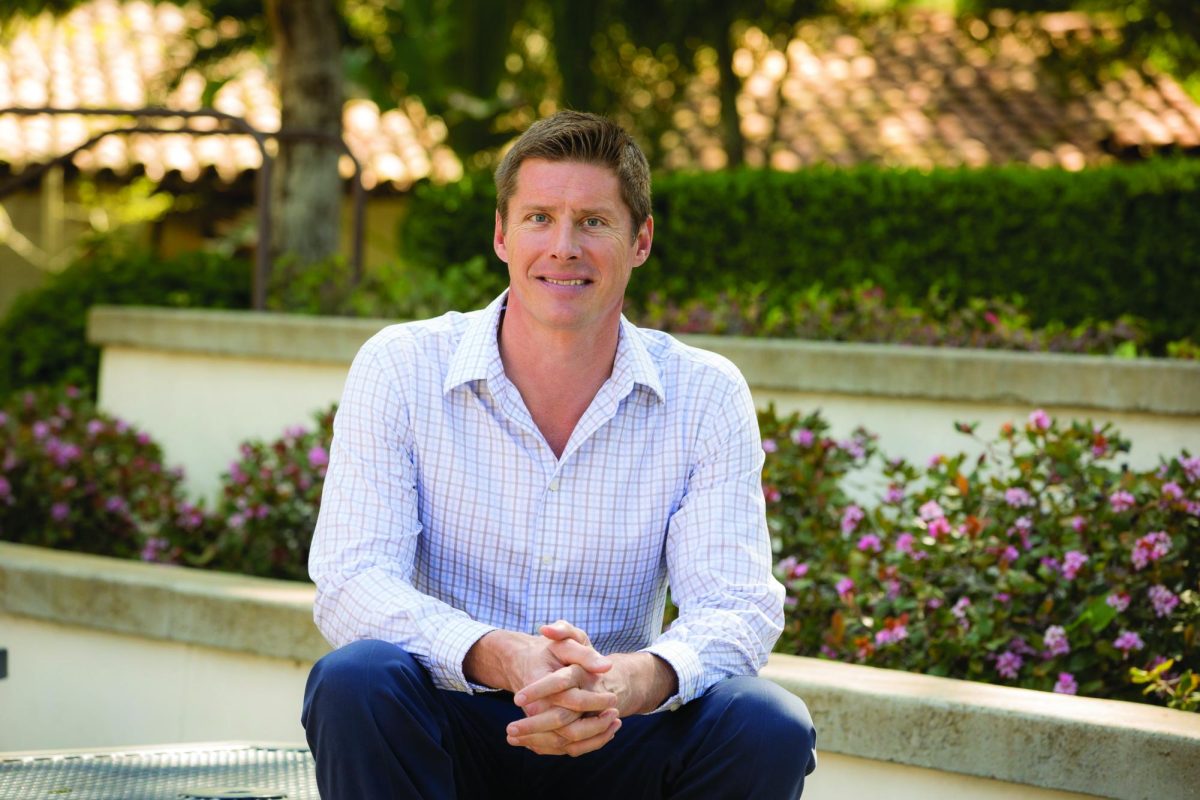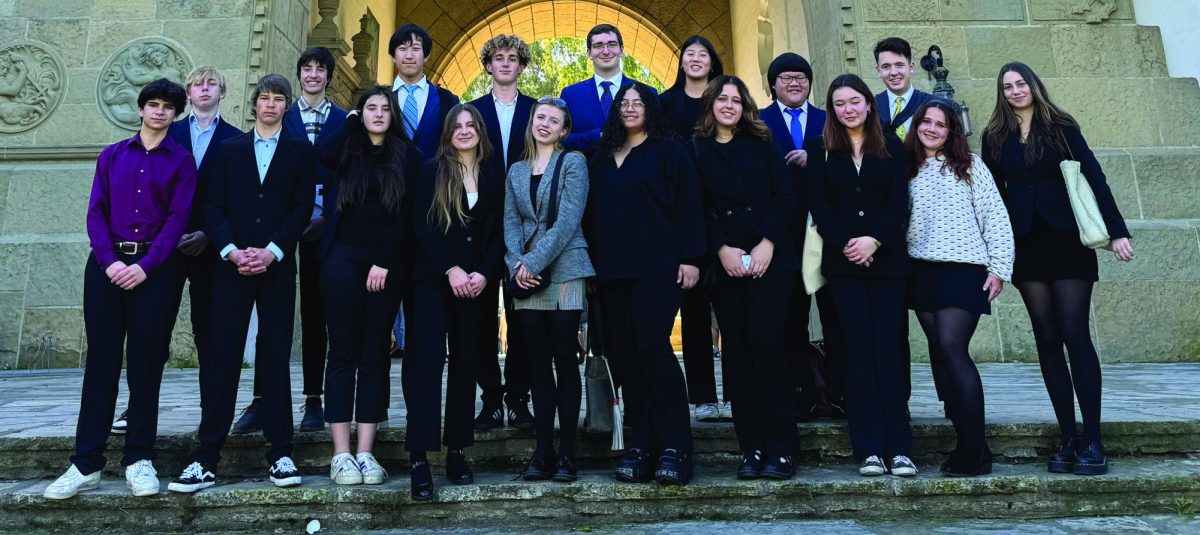What is so obvious, yet so hidden? What is it that we are looking through and rarely looking at? What is so close to us that we never really notice that it is there?
The late American author David Foster Wallace once gave a commencement speech to the 2005 graduating class of Kenyon College titled “This is Water.” The speech begins with a story about two young fish who run into an old fish who nods at them and says, “Morning, boys. How’s the water?” The two young fish don’t know what he’s talking about because after a while, one of them looks at the other and says, “What the hell is water?” Wallace says that “the immediate point of the fish story is merely that the most obvious, ubiquitous, important realities are often the ones that are hardest to see and talk about.” In other words, the deepest existential truths are the most hidden and the most difficult to acknowledge.
There are three main points that this speech emphasizes.
Wallace’s first point is that we all have something that we call a default setting. People’s default settings are the automatic ways in which we tend to think. For example, someone might be a person who gets immediately frustrated with a cashier who seems that they cannot operate a register correctly or is having technical difficulties with it. Or, they might be the kind of person who immediately thinks positively about a fellow swifty. These are examples of default settings because they are almost immediate and unconscious. They happen without anyone having the opportunity to take other things into consideration. Another way to think about the default setting is that it is what is etched onto people’s lens of self that is always filtering their experiences. It is what people are always looking through and rarely looking at. Wallace is trying to get others to look at their lens’s of self so that they can see the ways in which they unconsciously, automatically view the world.
The second point is that we have a choice in how we think. In essence, we have some control over what we decide to pay attention to. Just because our default setting is the lens of self does not mean we are bound to stay only in the mindframe of the self. We have the ability and power to choose how we perceive experiences and others. Instead of becoming furious at the cashier for not being able to fix the register, we instead can remain calm and perhaps empathize with how stressed or anxious the cashier may be. In this calm state, we can also realize that this situation is out of our control and that it will end however it is supposed to end and there is nothing that we can do about it. In other words, we have the choice to radically accept the situation.
Wallace’s ultimate point is how others can exercise the ability to consciously construct meaning from their experiences. It is about the importance of the simple awareness that real education engenders. It is about being less arrogant about the things people are so certain about; whether it is the existence of God, or the rightness or righteousness or people’s political affiliations; whether it is about the value of money or the definition of beauty; whether it is the standards of an up-standing person or the qualities of good time. The meaning by which the lens of self or the thinking perhaps outside of the lens of self puts forth is all dependent on if the person should choose to exercise the ability to consciously construct the meaning from any given experience, banal or otherwise.
To go back to the question, what does water have anything to do with anything, no less the lens of self? We now see that water has to do with everything around us because the world and its inhabitants and nature and treasures’ sense of exigent qualities is processed through our default setting — through our lens of self. If each person’s way of processing the world is different, then that means each recount of an experience or object perhaps, will always be a little different, or very different from someone else’s. To be aware and conscious is to actively choose how it is that we perceive, experience, and feel about the world and ourselves.
Wallace concludes this commencement speech by talking about how everyone worships something, not just religiously speaking. This worship can be conscious; however, for many people, it is often unconscious, it is derivative of the lens of self – the default setting. And often, this kind of worship, according to Wallace is “the ‘rat race’” because it is like the samsara (of Hinduism: cycle of death and rebirth) of a person since one goes in cyclic circles. Wallace explains that if someone worships money, then they will always feel like they never have enough. If someone worships beauty of the physical self, then they will be devastated when they begin to age. He calls it a particular kind of freedom, going on to say that there are many, but he specifies a certain kind of freedom which he quotes is “the capital-T Truth[:] life before death.” This freedom is the kind that gets others through their banal, mundane lives because they are exercising the ability to consciously choose how to construct meaning from their experiences which entails that they are not just living by the command of their default setting, but by their awareness of the world around them. That is freedom.



